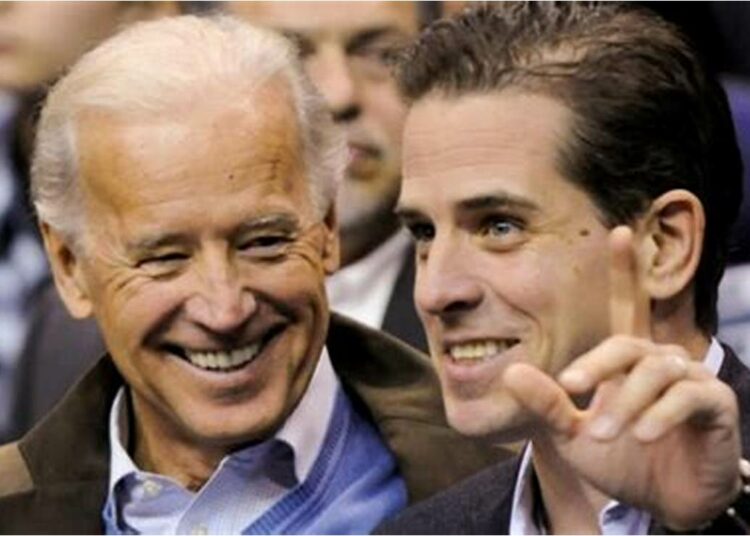United States President Joe Biden on Sunday pardoned his son Hunter who was set to be sentenced this month for gun and tax convictions even after pledging long ago not pardon Hunter.
The pardon covers not only Hunter Biden’s convictions in two cases in Delaware and California but also any other “offenses against the United States which he has committed or may have committed or taken part in during the period from January 1, 2014, through December 1, 2024.”
Biden is hardly the first president to deploy his pardon powers to benefit those close to him, although seen as surprising reversal for a man who pledged to restore norms and respect for the rule of law.
The U.S. Constitution stipulates that a president has the power to grant clemency, which includes both pardons and commutations.
“No reasonable person who looks at the facts of Hunter’s cases can reach any other conclusion than Hunter was singled out only because he is my son, and that is wrong,” the president said in a statement.
The move is sure to bring about fresh scrutiny over the independence of the US judicial system, especially at a time when incoming president Donald Trump has moved to appoint loyalists to the FBI and Justice Department himself.
Hunter Biden was convicted in June of lying on a federal form when he purchased a gun in 2018 and swore that he was not a drug user.
Just months later, he pleaded guilty to charges accusing him of a scheme to avoid paying at least $1.4 million in taxes.
Prosecutors alleged that the President’s son lived lavishly while flouting the tax law, spending his cash on things like strippers and luxury hotels “in short, everything but his taxes.”
Both cases stemmed from a period in Hunter Biden’s life in which he struggled with drug and alcohol abuse before becoming sober in 2019.
Hunter was supposed to be sentenced this month in the two cases by judges in California and Delaware who were nominated to the bench by Trump.
President Biden, who is in the final weeks of his presidency before Trump takes office on January 20, had repeatedly said he would not pardon his son.
“I said I would not interfere with the Justice Department’s decision-making, and I kept my word even as I have watched my son being selectively, and unfairly, prosecuted,” President Biden said in Sunday’s statement.
“The charges in his cases came about only after several of my political opponents in Congress instigated them to attack me and oppose my election,” he added.
“I believe in the justice system, but as I have wrestled with this, I also believe raw politics has infected this process and it led to a miscarriage of justice.”
The U.S. Supreme Court has found the presidential pardon authority to be very broad and presidents use the power a lot.
Donald Trump granted 237 acts of clemency during his four years in office and Barack Obama granted clemency 1,927 times in his eight years.
Presidents have forgiven drug offenses, fraud convictions, and Vietnam-era draft dodgers, among many other things.
But a president can only grant pardons for federal offenses, not state ones while impeachment convictions are exempted from such pardon.





